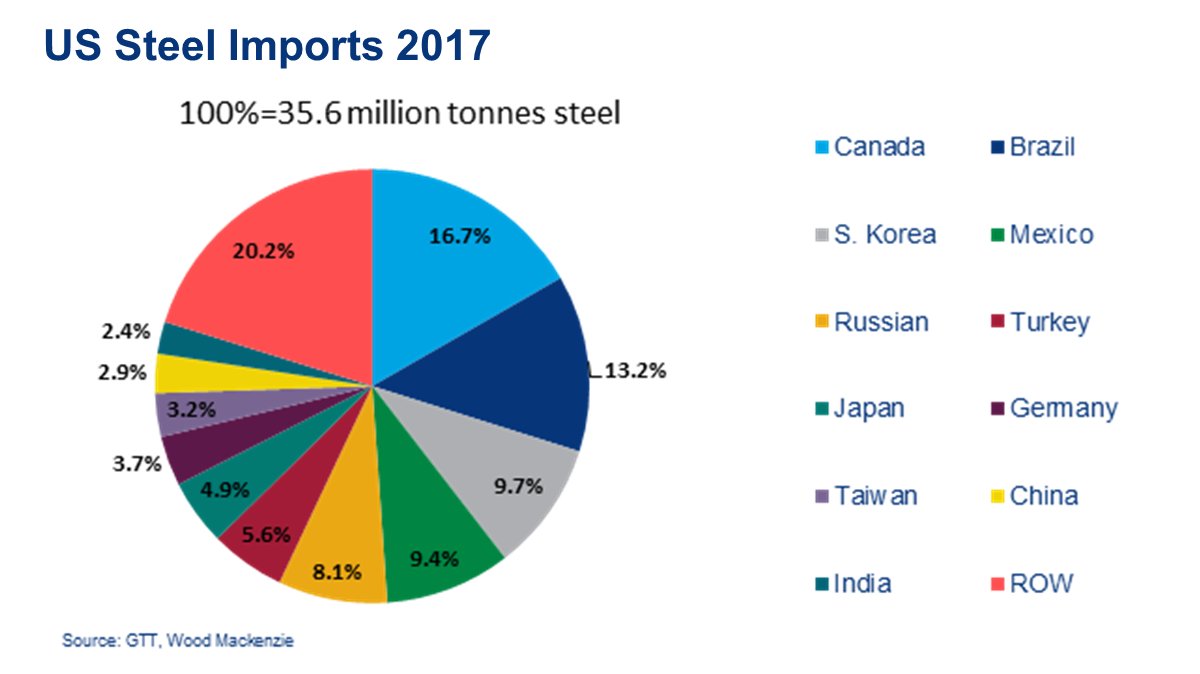US set to hit China with tariffs up to $60bn over intellectual property
WASHINGTON -- The U.S. is set to impose up to $60 billion of additional tariffs on Chinese goods as punishment for alleged intellectual property theft, according to U.S. media reports on Tuesday.
President Donald Trump could implement the measure by the end of the month, the reports said. The hardball measure would come on top of restrictions on steel and aluminum imports, as Trump steps up his "America first" protectionist policy.
The Trump administration is seeking to raise tariffs on a wide range of Chinese goods. Reuters and other U.S. media reported that the tariffs could range from $30 billion to $60 billion. The additional tariffs would likely target the technology and telecommunications sectors, Reuters said, citing sources close to the administration. The list could eventually run up to 100 products, the report added.
The Trump administration is seeking to invoke Section 301 of the U.S. Trade Act to allow president to impose import tariffs to sanction unfair trade practices. The Office of the U.S. Trade Representative has accused China of infringing on U.S. intellectual property rights, including the widespread counterfeiting of goods. The USTR has also criticized China for demanding that U.S. companies transfer their technology when setting up local units in China.
Citing the possibility of imposing tariffs under Section 301 of the U.S. Trade Act, the government launched a probe in August to determine whether China's intellectual property practices are unfair. The law allows the president to enact tariffs as an emergency measure.
In addition to intellectual property infringements such as counterfeiting, Washington takes issue with Chinese investment rules that force U.S. companies to transfer proprietary technology to do business in the country.
The USTR sent a proposal to the White House seeking tariffs on various Chinese products, restrictions on investment in the U.S. by Chinese companies and limits on visas for certain Chinese nationals, a source familiar with international trade said. Tariffs would apply not only to information technology products, often the target of intellectual property theft, but also consumer goods like clothing.
China accounts for roughly half of the $800 billion American trade deficit in goods. High tariffs enacted on electronics and clothing, which the U.S. buys a lot of from China, would sharpen trade frictions and risk economic side effects in the U.S. such as inflation. In contrast, Chinese steel comprises just 2% of all American steel imports.
The USTR is also urging allied countries to take similar measures against China. The office has asked nations such as Japan, which has long opposed China's intellectual property practices, to synchronize their policies.
But Tokyo rejected the proposal, saying hard-line policies will be difficult to adopt since Japan has no law resembling Section 301, according to a U.S. trade official. Japan instead proposed filing a joint suit against China within the World Trade Organization framework, the official said.
Chinese President Xi Jinping sent top economic adviser Liu He to Washington at the end of February in an effort to pre-empt Trump's protectionist measures. Liu spoke with U.S. Trade Representative Robert Lighthizer and announced Beijing's commitment to reduce its trade surplus with the U.S.
But Trump took to Twitter on March 7, saying "The U.S. is acting swiftly on Intellectual Property theft. We cannot allow this to happen as it has for many years!"
The U.S. used the threat of Section 301, adopted in 1974, during a trade dispute with Japan in the 1980s to extract concessions. But Washington has refrained from using this law since the WTO was established in 1995, since it conflicts with international rules prohibiting unilateral action on trade restrictions.
Trump has begun delivering the protectionist trade policies he promised during his campaign. Citing national security concerns under Section 232 of the U.S. Trade Act, Trump announced tariffs of 25% on steel and 10% on aluminum Thursday. Economic adviser Gary Cohn, who opposed the action, resigned in response. The move was a victory for White House trade adviser Peter Navarro, who lobbied for the tariffs and is known for his hard-line stance against China.


